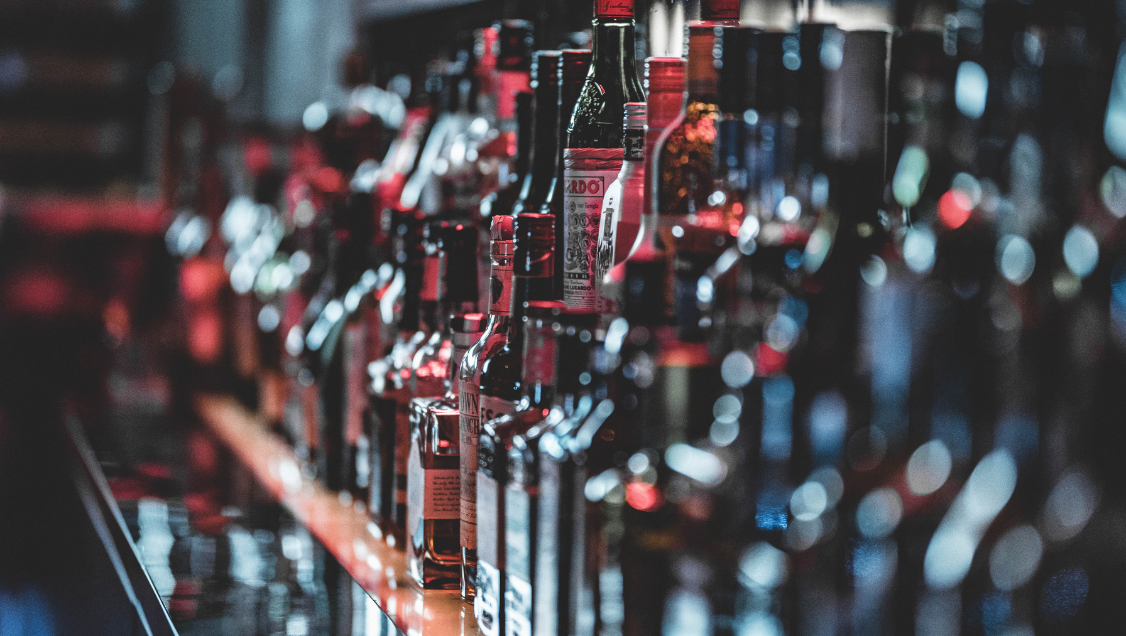By Dr. Mark Boyle
Alcohol is metabolized extremely quickly by the body. Unlike foods, which require time for digestion, alcohol needs no digestion and is quickly absorbed. Alcohol gets VIP treatment in the body, absorbing and metabolizing before most other nutrients. About 20 percent is absorbed directly across the walls of an empty stomach and can reach the brain within… one minute.
Once alcohol reaches the stomach, it begins to break down with the alcohol dehydrogenase enzyme. This process reduces the amount of alcohol entering the blood by approximately 20%. (Women produce less of this enzyme, which may help to partially explain why women become more intoxicated on less alcohol than men). In addition, about 10% of the alcohol is expelled in the breath and urine.
Alcohol is rapidly absorbed in the upper portion of the small intestine. The alcohol-laden blood then travels to the liver via the veins and capillaries of the digestive tract, which affects nearly every liver cell. The liver cells are the only cells in our body that can produce enough of the enzyme alcohol dehydrogenase to oxidize alcohol at an appreciable rate.
Though alcohol affects every organ of the body, its most dramatic impact is upon the liver. The liver cells typically prefer fatty acids as fuel and package excess fatty acids as triglycerides, which they then route to other tissues of the body. However, when alcohol is present, the liver cells are forced first to metabolize the alcohol, letting the fatty acids accumulate, sometimes in huge amounts. Alcohol metabolism permanently changes liver cell structure, which impairs the liver’s ability to metabolize fats. This explains why heavy drinkers tend to develop fatty livers.
The liver can metabolize about ½ ounce of ethanol per hour (approximately one drink, depending on a person’s body size, food intake, etc.). Suppose more alcohol arrives in the liver than the enzymes can handle. In that case, the excess alcohol travels to all parts of the body, circulating until the liver enzymes can finally process it. (Which is another good reason not to consume more than one drink per hour).





